When basketball legend Allen Iverson made his way through the red carpet in New York on October 20 for the world-premiere of his three-part docuseries Allen Iv3rson on Prime Video, it marked more than just a film event—it was a cultural homecoming. The series, backed by executive producers including Shaquille O’Neal and Stephen Curry, launches globally on October 23 and promises to dig deep into Iverson’s rise from Hampton, Virginia to NBA superstardom and cultural icon.
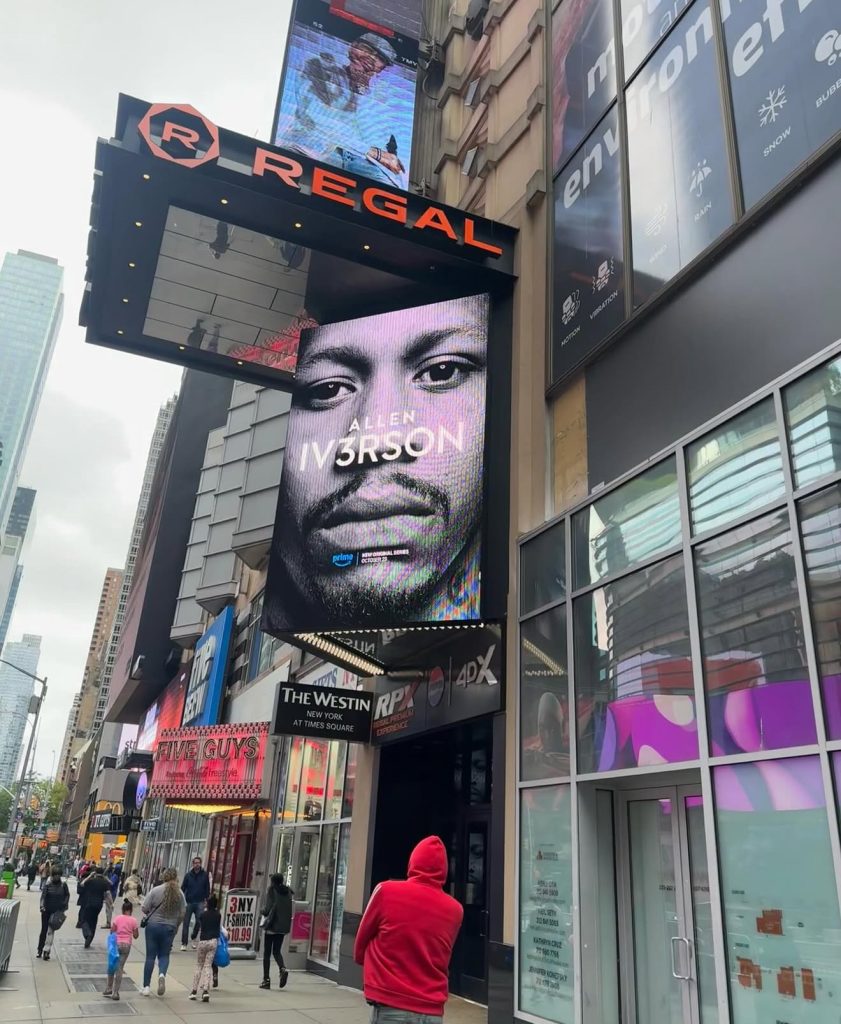
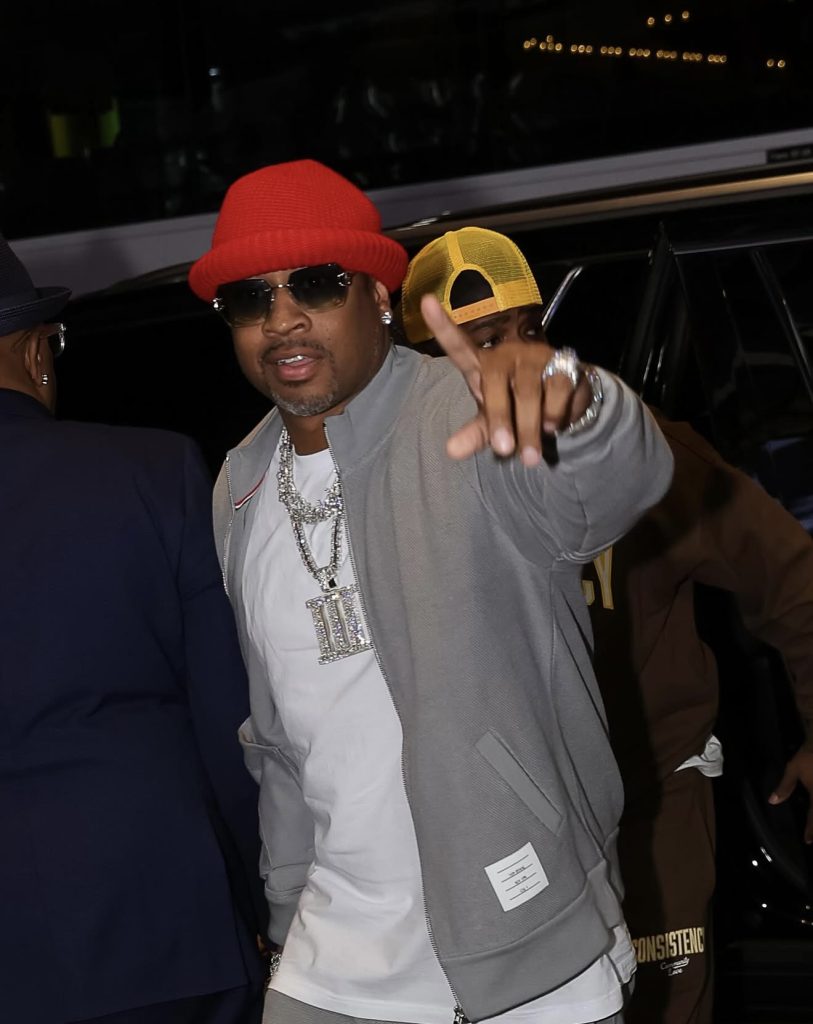
Iverson’s story is one of motion—swift dribbles, fearless drives, and a mindset that refused to conform. A former No. 1 overall pick who became an 11-time All-Star and the 2001 NBA MVP, he rewrote what it meant to be a guard in an era dominated by giants. The docuseries confronts those iconic on-court moments, but also the off-court layers: his embrace of hip-hop culture, his dye-in-the-wool authenticity, his influence on league dress codes and style norms.
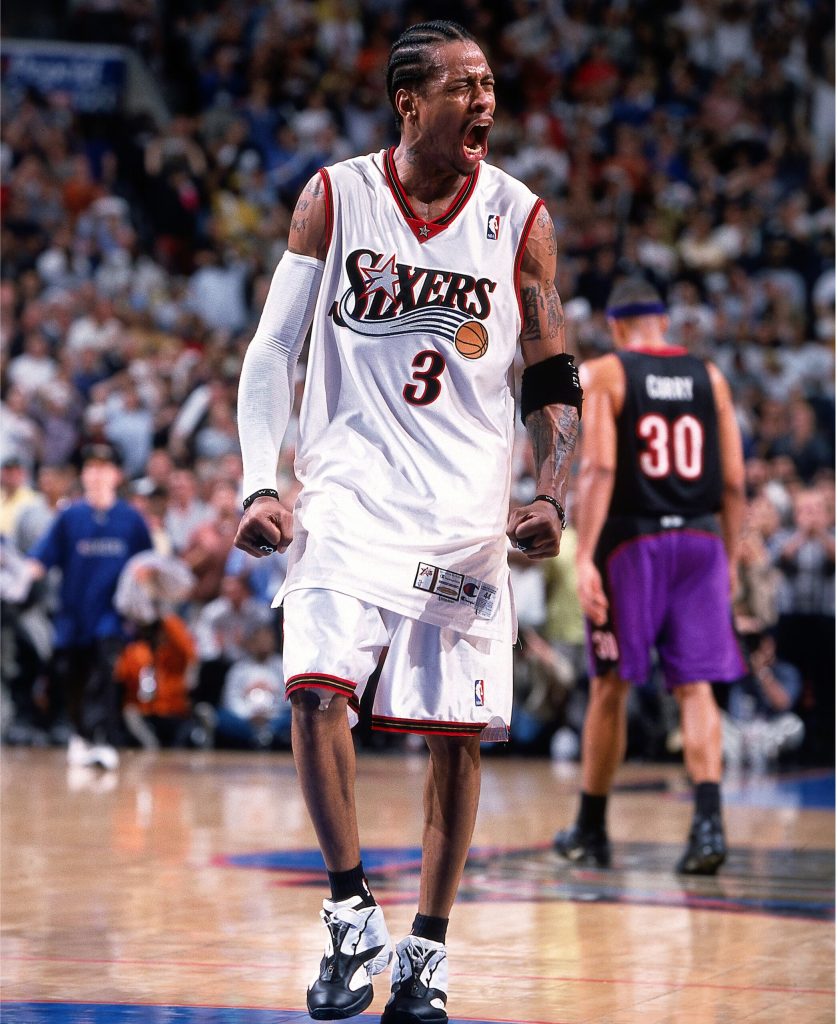
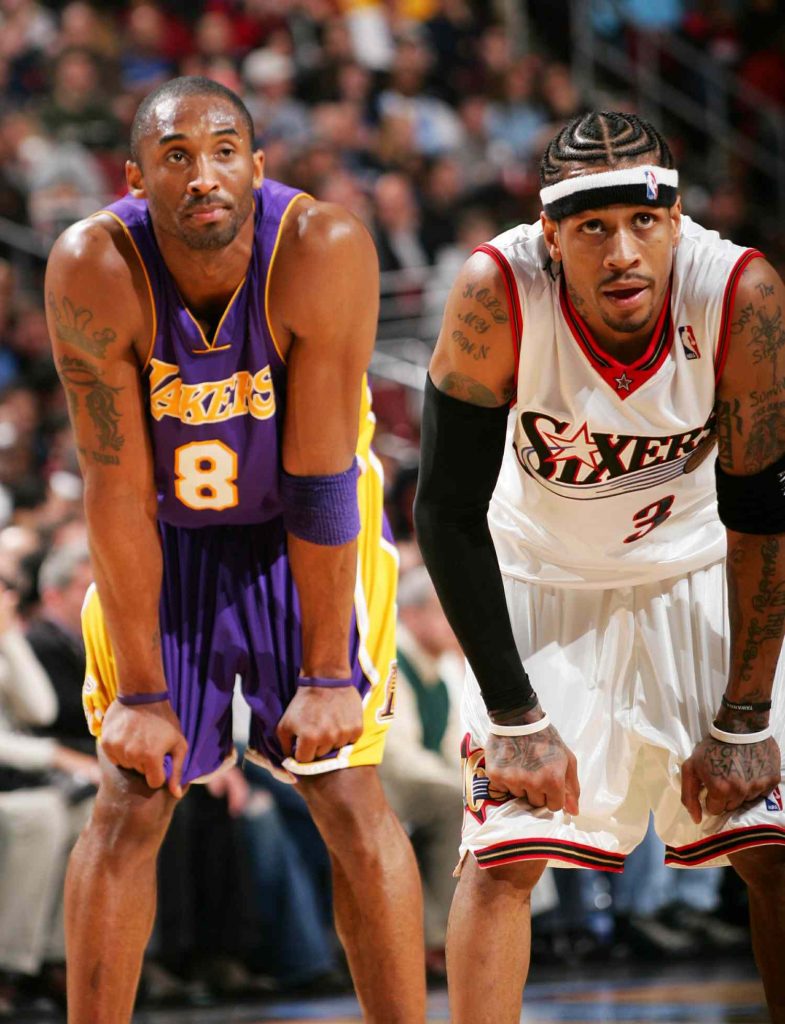
The premiere night drew an eclectic mix of guests underscoring Iverson’s cross-cultural reach. Shaq, longtime rival-turned-ally, stood proudly beside him in a moment of emotional resonance. New York rap stars like Fabolous and Dave East arrived to celebrate a figure who merged the worlds of hoops and hip-hop long before they became marketing categories. On screen and off, Iverson’s journey is now being told in his own voice—and with his own truth.
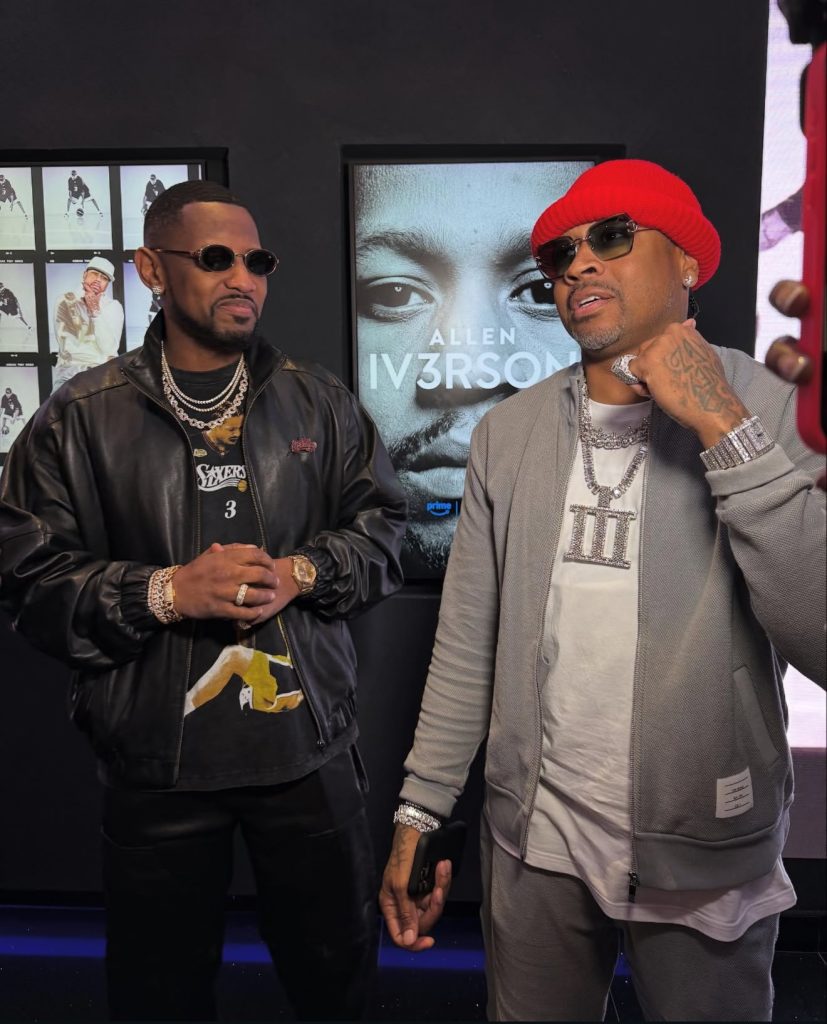
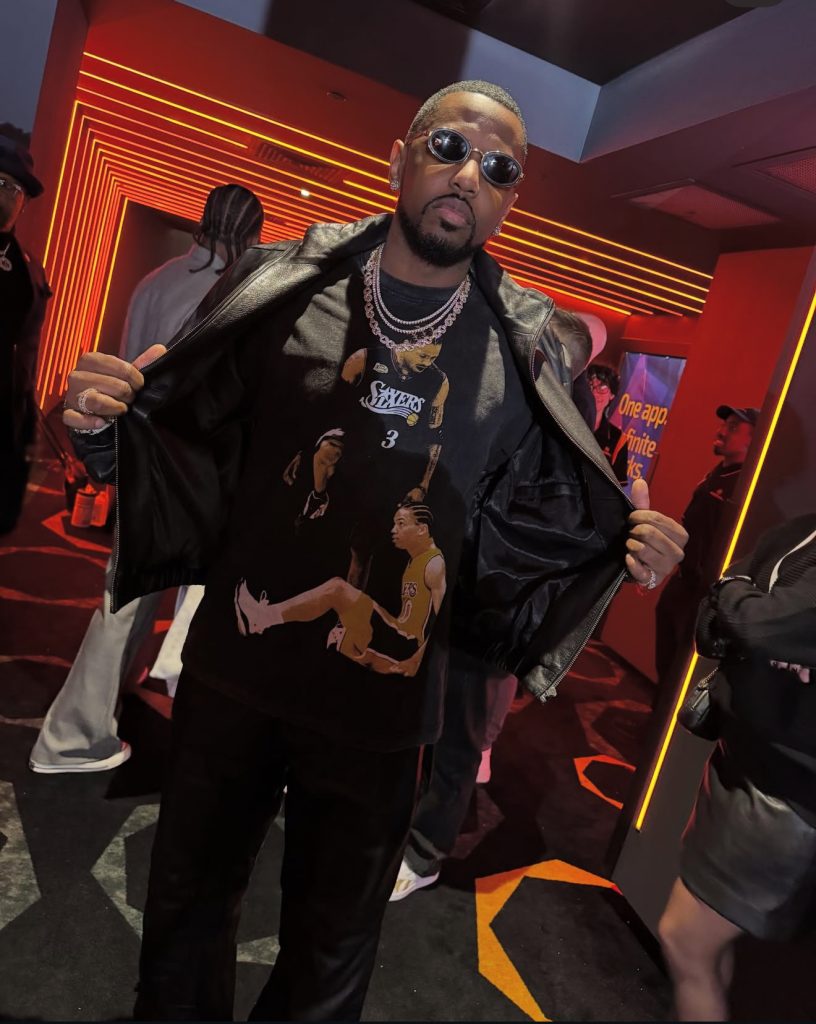
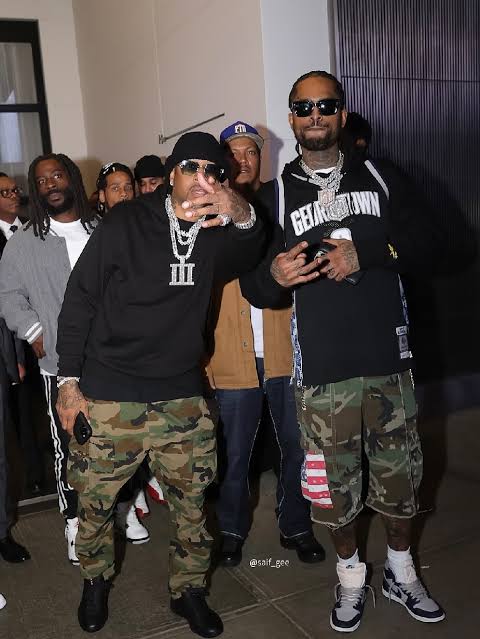
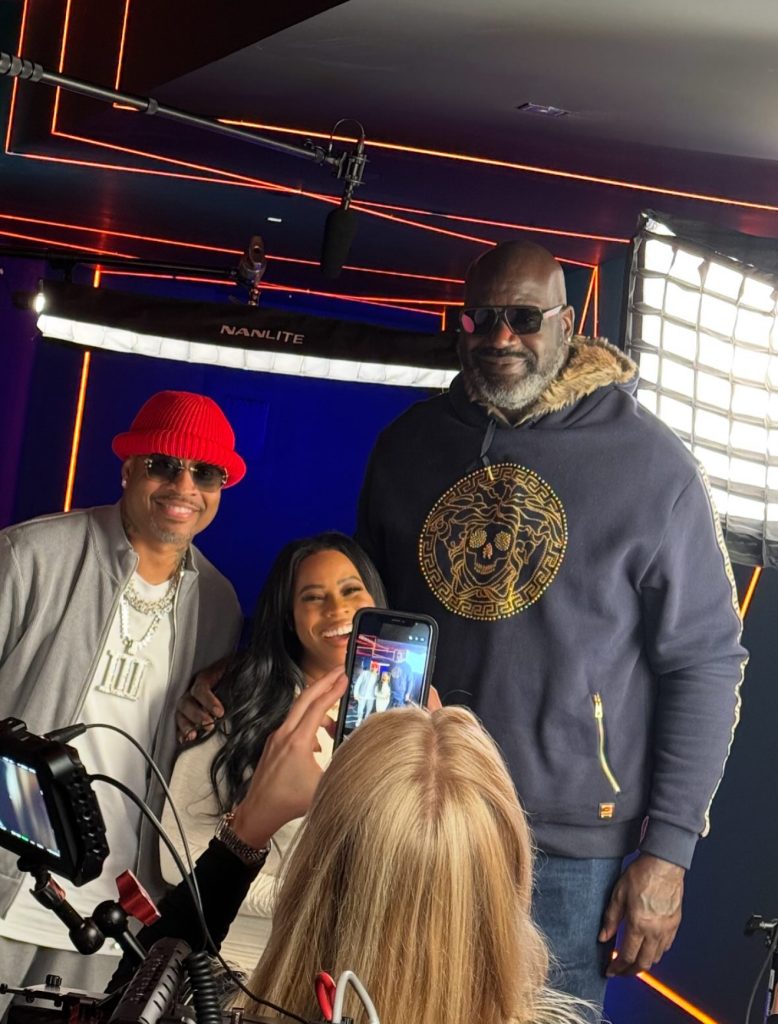
In candid moments from the film and beyond, Iverson rejects the caricature of the brash superstar and offers reflection instead. “We sittin’ here, I’m supposed to be the franchise player and we in here talkin’ about practice,” he once mused, capturing the tension between expectation and expression. The docuseries promises that kind of unguarded honesty.
Why does this matter? Because Iverson didn’t just play basketball—he changed its soundtrack and its language. He represented a style, a voice, a generation. This film arrives not to mythologise him, but to contextualise: the wins and losses, the wardrobe choices, the scars and the swagger alike. He helped carve out space for authenticity in a sport that often demanded assimilation.
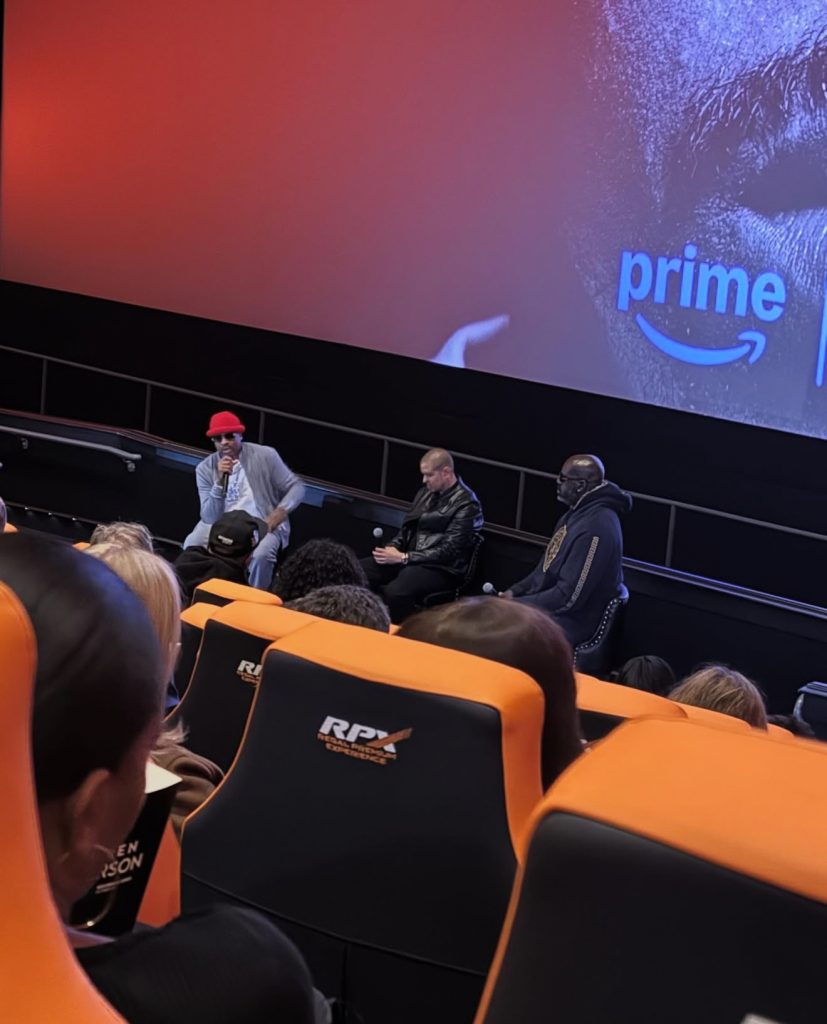
The room at the premiere buzzed with homage and promise. As the lights dimmed and the story began to unfold, it felt less like a film night and more like a reckoning: with past, with identity, with what one man’s journey could ripple outward into sport, culture and memory. And as the tagline might go: The Answer finally gets to ask the questions.

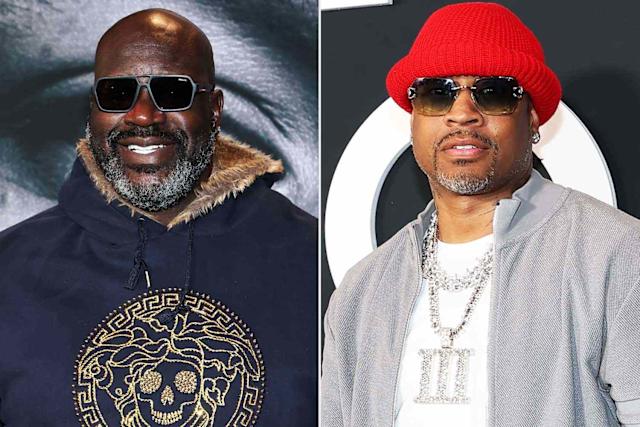
GIPHY App Key not set. Please check settings